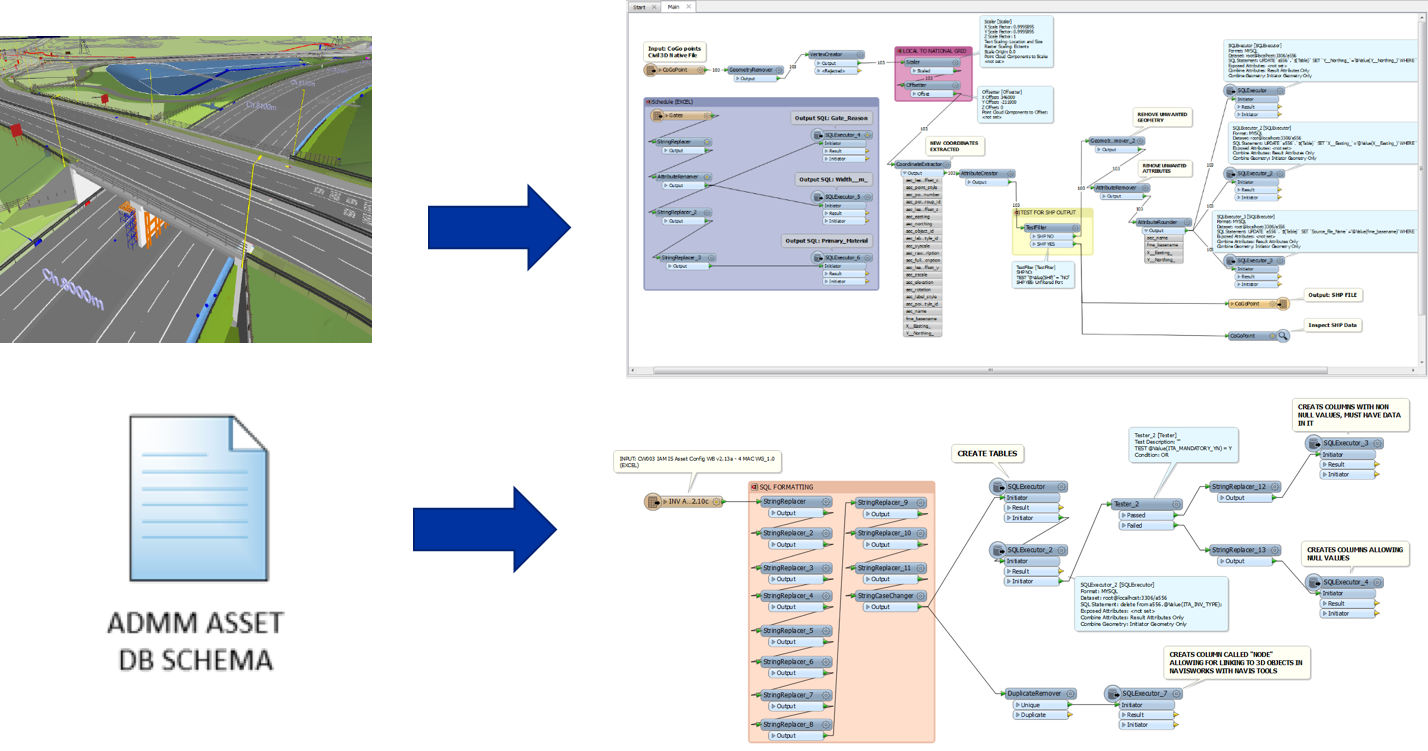BIM for Asset Management
Background
The critical importance of information management, processes and strategies is gaining momentum within the wider construction industry. This is being guided by new and emerging technologies, with the support of industry standards solely focused within Building Information Modelling (BIM) and Asset Management. As BIM adoption, implementation and development becomes more prolific in industry, Asset owners are seeking to use the newly found information to achieve whole-life cycle performance efficiencies from their physical assets. The development of this information is representing a paradigm shift, where information is no longer created and used for a single purpose. Information can be transferable and used within different life-cycles, e.g. the same datasets used in the construction phase can be used within the operational phase, allowing for new and innovative ways to apply the data. However, currently the data-sets generated are usually held in disparate and incoherent platforms. Such data-sets are generated with multiple enterprise software developments using an array of standards and format types. As a result, the optimum value from the information is often not fully realized.
Objectives
The focus of this research – funded by CSIC – is on developing tools for integrating different data sources to support whole-life asset management of infrastructure assets and systems. This will involve developing BIM models of selected structures and spaces, identifying data requirements for asset management, defining asset information models and integrating such data with the BIM models. We will work with our industry partners to understand their requirements, identify specific case studies and demonstrator projects, and develop generalizable tools and guidelines for asset information management. The longer-term goal of this activity is to support Digital Built Britain’s Level 2C and Level 3 agenda.

People
Project Partners
- English Heritage
- Cambridge University Estate Management
- Centre for Smart Infrastructure and Construction
- Centre for Digital Built Britain









